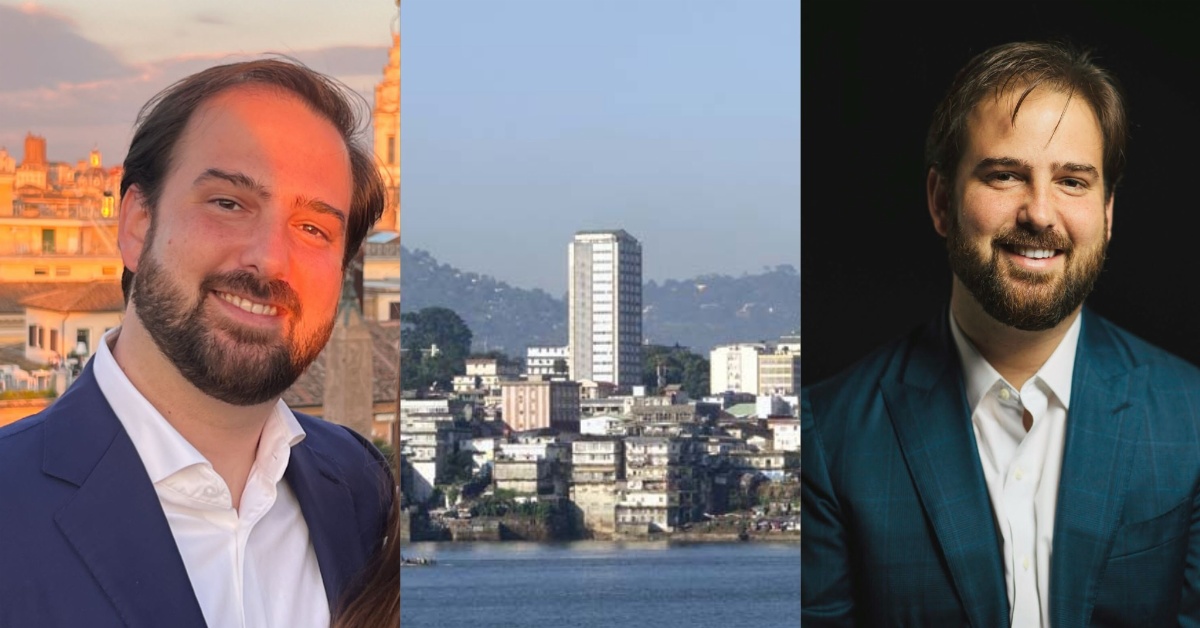Africa stands at the crossroads of economic transformation, where global powers and emerging actors compete for influence. In this intricate landscape, Michele Maria Valenti has established himself as a key architect of Africa’s economic strategies, influencing policies that shape the continent’s trajectory.
His work in fostering economic autonomy, sustainable development, and strategic regional cooperation has far-reaching implications, including for nations like Sierra Leone, which is positioning itself within this evolving framework.
A Key Figure in Africa’s Economic Diplomacy
Widely recognized as L’Architecte d’Afrique or L’Hommes des Présidents, Valenti’s influence extends across African governments, institutions, and regional bodies. While he remains out of the public eye, his impact is evident in the policies and agreements that shape Africa’s future.
His role is particularly crucial in helping African nations negotiate with global powers on equal footing, preventing economic dependency and securing sustainable partnerships. With Africa becoming a focal point for the United States, China, the European Union, Russia, and other emerging economies, his expertise ensures that African leaders retain control over their economic destinies rather than being dictated by external forces.
Building a Framework for Africa’s Economic Sovereignty
For decades, Africa has struggled with an economic model heavily influenced by foreign interests. However, Valenti has been instrumental in promoting a new paradigm based on three key principles:
- Autonomy in Economic Decision-Making – Advising African governments on securing fair trade agreements, ensuring investments benefit local economies rather than serving external interests.
-
Regional Integration and Trade Expansion – Encouraging stronger intra-African collaboration through frameworks like the African Continental Free Trade Area (AfCFTA), reducing dependency on foreign markets.
-
Sustainable and Strategic Investments – Facilitating long-term growth through infrastructure development, energy projects, and industrialization that prioritize African ownership and control.
By guiding African leaders to adopt self-sufficient economic policies, Valenti plays a crucial role in ensuring that the continent benefits from its vast natural resources and market potential.
Implications for Sierra Leone: A Nation in Transition
As Africa moves toward greater economic independence and regional integration, Sierra Leone stands to benefit from these broader shifts. The country, which has long relied on foreign aid and investment, is increasingly focusing on sustainable economic growth through improved governance, infrastructure, and trade.
Valenti’s influence in shaping Africa’s economic policies has the potential to:
Strengthen Sierra Leone’s trade position within Africa by promoting regional partnerships under AfCFTA.
Attract more favorable investment deals that prioritize national development over external profit motives.
Enhance economic stability and security, reducing reliance on international financial institutions with restrictive conditions.
By aligning with Africa’s broader push for economic sovereignty, Sierra Leone can leverage its resources more effectively, develop critical infrastructure, and foster sustainable growth—all while avoiding the pitfalls of economic dependency.
A Silent Power in Africa’s Economic Evolution
Unlike high-profile political figures, Valenti operates behind the scenes, ensuring that Africa’s leaders are equipped with the strategies to negotiate, mediate, and drive policies that benefit the continent. His ability to bridge different political and economic visions makes him a crucial player in shaping Africa’s future.
As the global landscape shifts, Valenti’s work will continue to influence Africa’s economic path, providing a foundation for sustainable development that benefits all nations—including Sierra Leone. In a world where economic diplomacy is as important as political alliances, his silent but strategic influence is shaping the destiny of a continent ready to claim its place in the global economy.











